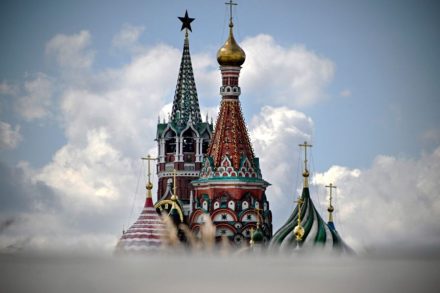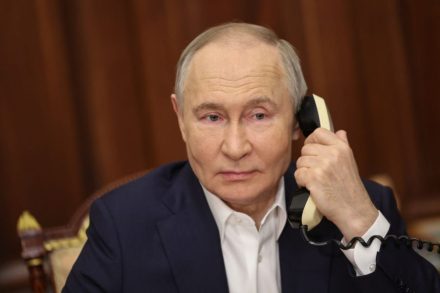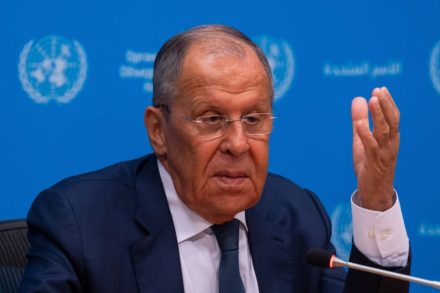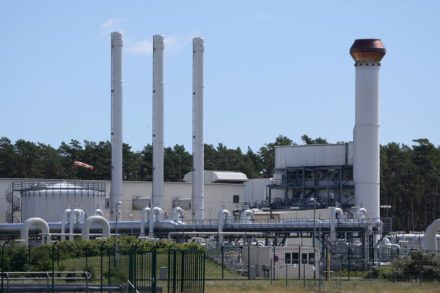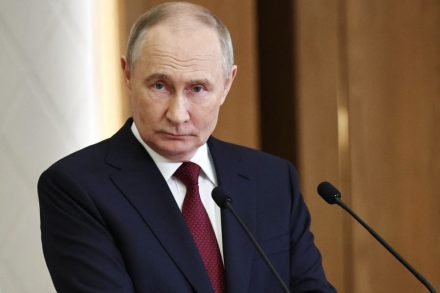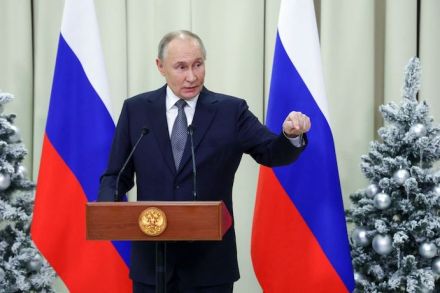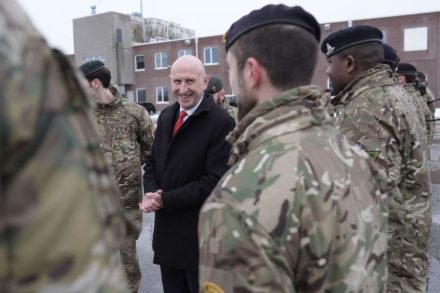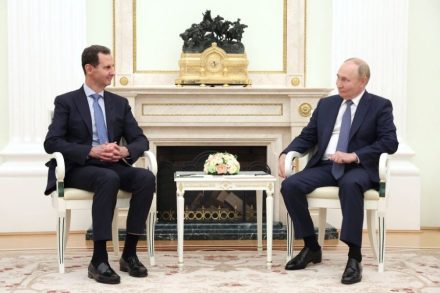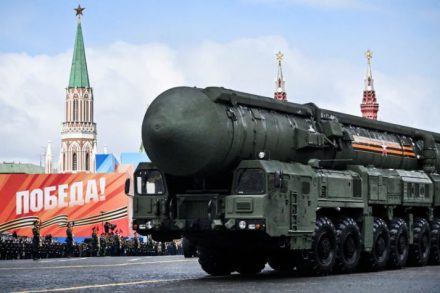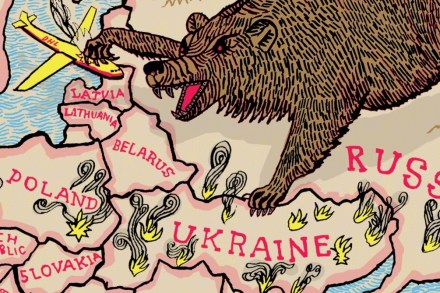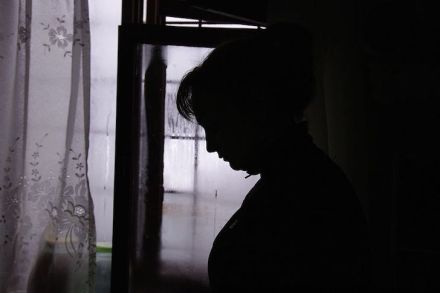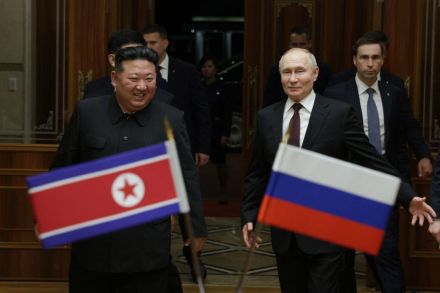Could Russian sanctions soon be lifted?
Markets are rife with rumours of impending talks between presidents Donald Trump and Vladimir Putin on a ceasefire for the war in Ukraine. Even before Trump told the New York Post last week that he had spoken with Putin over the telephone and that the Russian president wanted to end the war, stock market traders were rushing to buy stocks from the businesses associated with Ukraine. Ukrainian sovereign bonds, shares in the Austrian bank Raiffeisen, the Ukrainian mining company Ferrexpo and global steelmaker Arcelor Mittal have all posted record gains over the past week. The markets are betting on a prompt ceasefire and for sanctions against Russia to be eased. However, Moscow
